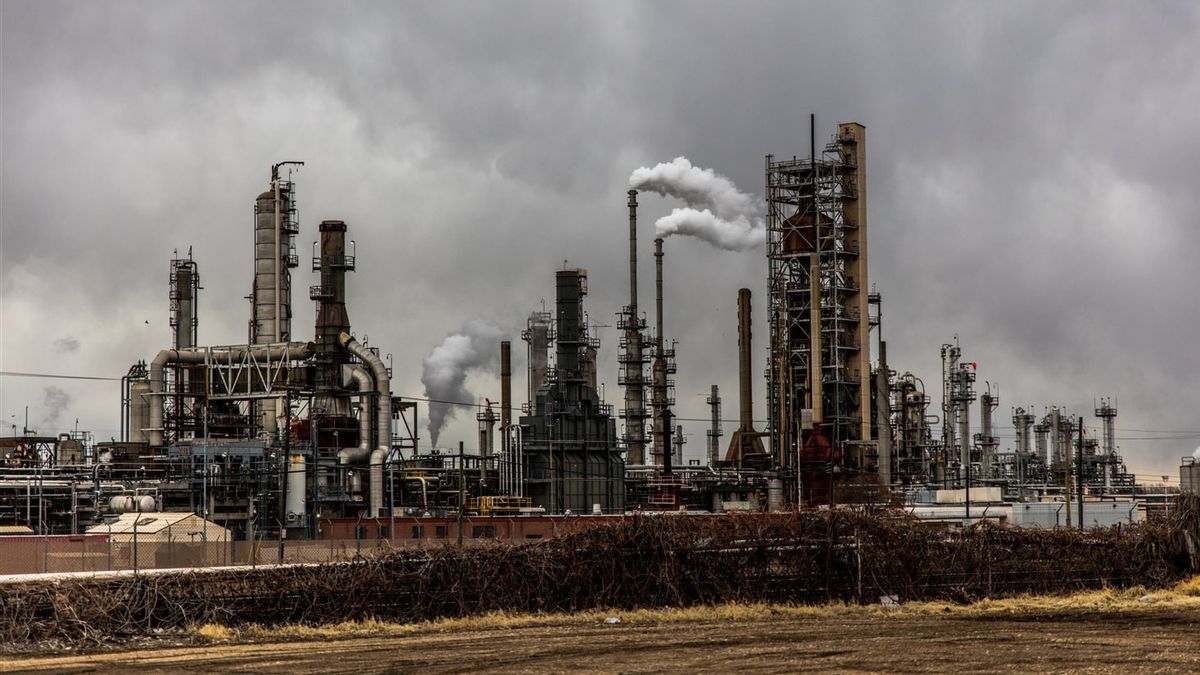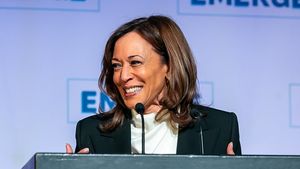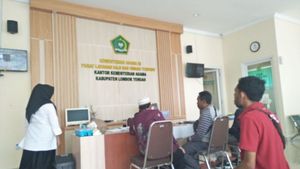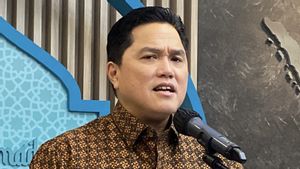JAKARTA - Center for Strategic and International Studies (CSIS) economic observer Fajar Hirawan asked the government to optimize the production capacity of a number of domestic oil and gas blocks to boost non-tax state revenue (PNBP).
"Through better governance, especially with a professional and mutually beneficial cooperation scheme," he said in Jakarta, Thursday, January 9.
According to him, better and more measurable governance of oil and gas (oil and gas) from upstream to downstream plus increasingly competitive oil and gas prices is the most ideal condition and it is hoped that the realization of oil and gas PNBP is achieved according to the target.
Apart from the achievement of lifting, he continued, PNBP in the oil and gas sector is also related to market conditions whose prices fluctuate throughout the year. In addition, in 2019, he said, the strengthening of the rupiah against the US dollar would decrease oil and gas revenues.
During 2019, PNBP reached IDR 405 trillion or 107 percent of the 2019 State Budget target of IDR 378.3 trillion. Despite exceeding the target, this achievement was mostly dominated by PNBP from the non-oil and gas sector which reached IDR284.6 trillion or higher than the realization in 2018 which was IDR266.6 trillion.
Meanwhile, PNBP from the oil and gas sector reached IDR 120.4 trillion or lower than 2018 which was IDR 142.8 trillion. Finance Minister Sri Mulyani Indrawati previously said that the decline in oil and gas PNBP was due to the Indonesian crude oil price (ICP) of only US $ 62 per barrel or lower than 2018 which was US $ 67.5 per barrel.
The strengthening of the rupiah exchange rate which reached an average of IDR 14,150 per US dollar in 2019 also contributed to the decline in oil and gas PNBP. In addition, oil lifting was lower in 2019, namely 754 thousand barrels per day (MBOPD) compared to 2018 which was 778 MBOPD.
Meanwhile, PT Pertamina (Persero) continues to strive to accelerate the construction of six refineries through a refinery development master plan (RDMP) and a new refinery (grass root refinery / GRR) to reduce fuel imports.
The English, Chinese, Japanese, Arabic, and French versions are automatically generated by the AI. So there may still be inaccuracies in translating, please always see Indonesian as our main language. (system supported by DigitalSiber.id)













